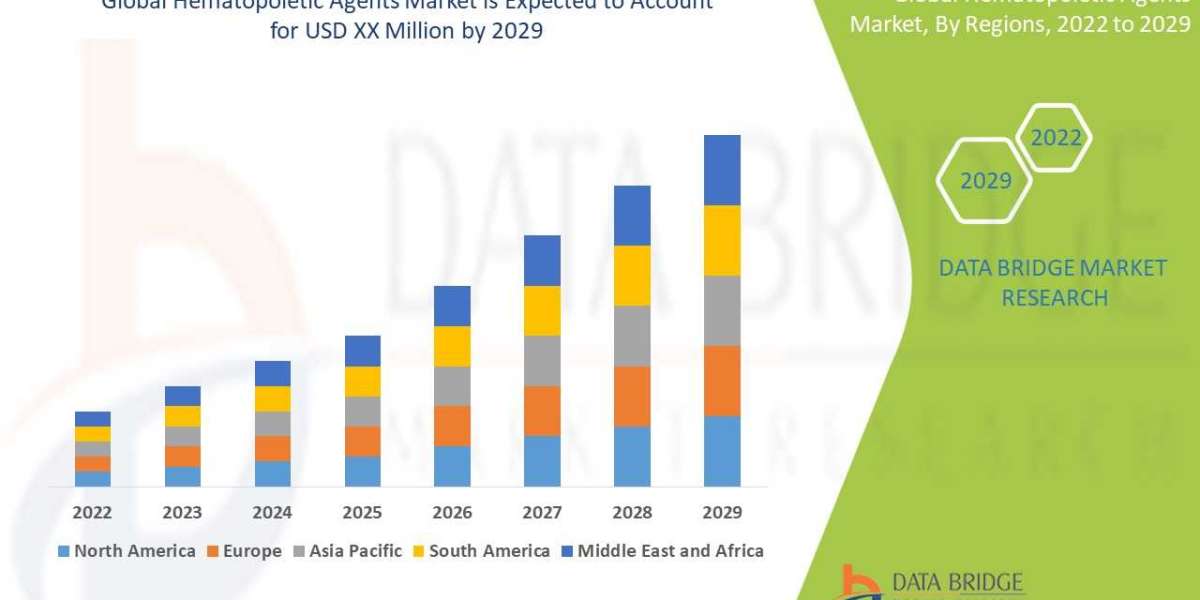The world of cryptocurrency is rapidly evolving, and with it, the development of cryptocurrency exchanges is experiencing transformative changes. As 2024 approaches, several key trends are emerging in the realm of cryptocurrency exchange development that will shape the industry’s future. For businesses and entrepreneurs looking to capitalize on this booming sector, understanding these trends is crucial. This article delves into what to expect in 2024, focusing on the role of cryptocurrency exchange development companies and the factors influencing crypto exchange app development costs.
The Rise of Decentralized Exchanges (DEXs)
One of the most significant trends in cryptocurrency exchange development is the growing popularity of decentralized exchanges (DEXs). Unlike traditional centralized exchanges, DEXs allow users to trade cryptocurrencies directly with one another, thereby eliminating the need for intermediaries. This shift is driven by several factors:
Enhanced Security: DEXs are inherently more secure since users retain control of their private keys. This reduces the risk of hacks, which have plagued many centralized exchanges.
Regulatory Compliance: As governments around the world tighten regulations on cryptocurrency trading, DEXs offer a more compliant solution. They typically operate on a peer-to-peer basis, making them less susceptible to regulatory scrutiny.
User Empowerment: DEXs empower users by providing them with greater control over their assets and trades, aligning with the core ethos of cryptocurrency.
Cryptocurrency exchange development companies are responding to this trend by integrating DEX functionalities into their offerings, enabling businesses to tap into this growing market segment.
Integration of Artificial Intelligence (AI)
Artificial Intelligence (AI) is poised to play a pivotal role in cryptocurrency exchange development in 2024. The integration of AI technologies can enhance user experiences, improve security, and optimize trading strategies. Key areas where AI can make an impact include:
Fraud Detection: AI algorithms can analyze trading patterns to detect anomalies and potential fraud, thereby safeguarding user assets.
Customer Support: AI-driven chatbots can provide real-time assistance to users, answering queries and guiding them through the trading process.
Market Analysis: AI tools can analyze vast amounts of data to provide insights and predictions, helping traders make informed decisions.
As AI technology becomes more sophisticated, cryptocurrency exchange development companies will increasingly adopt these tools, making exchanges more efficient and user-friendly.
Enhanced User Experience (UX) and Interface Design
In 2024, the focus on user experience (UX) and interface design will intensify. As the cryptocurrency market matures, users are becoming more discerning. A seamless, intuitive trading experience is essential for attracting and retaining customers. Key elements that will drive improvements in UX include:
Mobile Optimization: With the increasing use of smartphones for trading, cryptocurrency exchange app development will focus on creating mobile-friendly interfaces that offer a smooth and responsive experience.
Simplified Onboarding Processes: Reducing the barriers to entry for new users through simplified registration and verification processes will be crucial. This includes features like biometric authentication and easy-to-navigate tutorials.
Customizable Dashboards: Allowing users to tailor their dashboards according to their preferences can enhance engagement and satisfaction.
Cryptocurrency exchange development companies will need to prioritize UX design as a critical component of their development strategies.
Multi-Chain Support
As the blockchain ecosystem continues to diversify, the demand for multi-chain support is increasing. Users want to trade various cryptocurrencies across different blockchain networks seamlessly. This trend will influence cryptocurrency exchange development in several ways:
Interoperability: Exchanges will need to incorporate features that allow for cross-chain trading, enabling users to swap assets from different blockchains without friction.
Liquidity Pools: By facilitating multi-chain transactions, exchanges can create liquidity pools that attract a broader user base, enhancing trading volumes and user engagement.
Support for New Tokens: With thousands of new tokens emerging, exchanges must ensure they can support a wide range of cryptocurrencies to stay competitive.
Cryptocurrency exchange development companies will focus on building robust infrastructures that accommodate multi-chain capabilities.
Regulatory Adaptation
As the cryptocurrency landscape evolves, so do the regulatory frameworks surrounding it. In 2024, we can expect cryptocurrency exchange development companies to place a greater emphasis on regulatory compliance. This includes:
KYC and AML Procedures: Adopting stringent Know Your Customer (KYC) and Anti-Money Laundering (AML) measures to align with international regulations will be paramount.
Transparent Reporting: Exchanges will need to implement transparent reporting systems to monitor transactions and ensure compliance with regulatory bodies.
Geo-Compliance: As regulations vary significantly across jurisdictions, exchanges must ensure they comply with local laws and adapt their services accordingly.
The ability to navigate the complex regulatory landscape will be a key differentiator for cryptocurrency exchange development companies in 2024.
The Emergence of Staking and Yield Farming
The rise of DeFi (Decentralized Finance) has introduced new revenue streams for cryptocurrency exchanges, particularly through staking and yield farming. In 2024, we can expect exchanges to offer these features more prominently:
Staking Services: Allowing users to stake their assets directly on the exchange for rewards will attract more users and increase platform engagement.
Yield Farming Opportunities: Exchanges will create avenues for users to earn returns on their crypto holdings through yield farming, thereby enhancing the appeal of the platform.
Education and Tools: As these concepts may be new to many users, exchanges will need to provide educational resources and tools to help users navigate staking and yield farming.
Cryptocurrency exchange development companies will need to integrate these features while ensuring security and transparency.
Emphasis on Security Features
As the cryptocurrency market continues to attract attention, the focus on security will remain paramount in 2024. Cryptocurrency exchange development companies will prioritize advanced security measures, including:
Cold Storage Solutions: Storing the majority of user funds in cold wallets will mitigate the risk of hacks.
Multi-Factor Authentication (MFA): Implementing MFA will enhance account security and protect user assets.
Regular Security Audits: Conducting frequent security audits and penetration testing will ensure that vulnerabilities are identified and addressed promptly.
The increasing sophistication of cyber threats will necessitate a proactive approach to security in cryptocurrency exchange development.
The Role of Tokenization
Tokenization is gaining traction as a means of representing real-world assets on the blockchain. In 2024, we can expect cryptocurrency exchanges to embrace tokenization, offering users the ability to trade tokenized assets such as real estate, stocks, and commodities. This trend will open new markets and create unique trading opportunities. Key considerations include:
Regulatory Frameworks: Developing a clear understanding of the regulatory implications of tokenized assets will be essential for exchanges.
Partnerships: Collaborating with asset managers and financial institutions to offer tokenized assets will enhance credibility and attract institutional investors.
User Education: Educating users about the benefits and risks associated with trading tokenized assets will be crucial for adoption.
Conclusion
As we look ahead to 2024, the landscape of cryptocurrency exchange development is set for significant transformation. The rise of decentralized exchanges, integration of AI, enhanced user experiences, multi-chain support, regulatory adaptation, the emergence of staking and yield farming, a focus on security, and the role of tokenization will all play pivotal roles in shaping the future of cryptocurrency trading.
For businesses and entrepreneurs aiming to enter this dynamic market, partnering with a reputable cryptocurrency exchange development company will be essential. They can provide the expertise needed to navigate these trends and create robust, user-friendly exchanges that meet the evolving demands of the market.
Moreover, understanding factors influencing crypto exchange app development cost will be critical in making informed investment decisions. As demand for innovative and secure trading platforms grows, the costs associated with developing these applications may fluctuate, driven by the complexity of features and regulatory requirements.
By staying ahead of these trends and leveraging the expertise of a cryptocurrency exchange development company, stakeholders can position themselves for success in the ever-evolving world of cryptocurrency trading. As we move into 2024, the potential for growth and innovation in this sector is vast, promising exciting opportunities for those willing to embrace change and adapt to new market realities.








